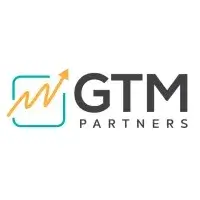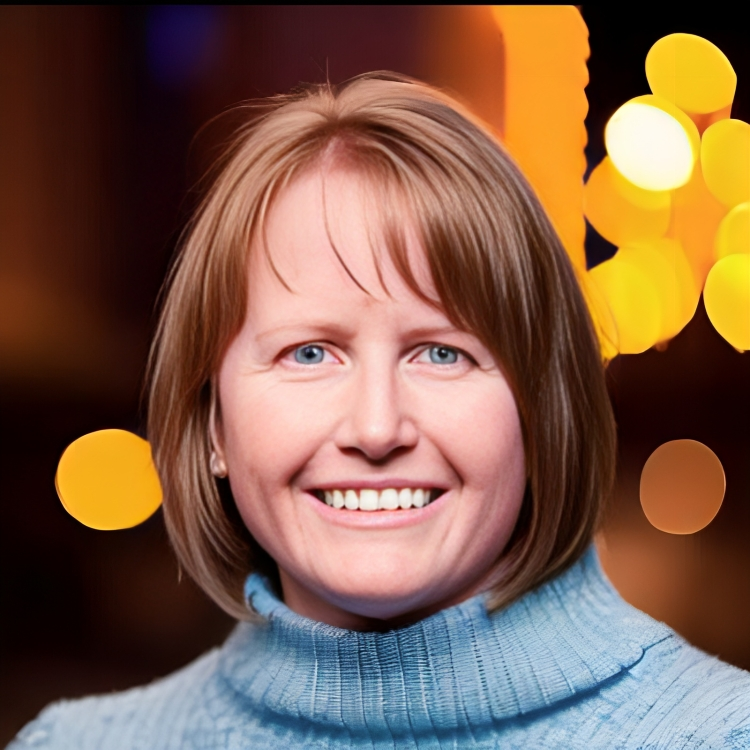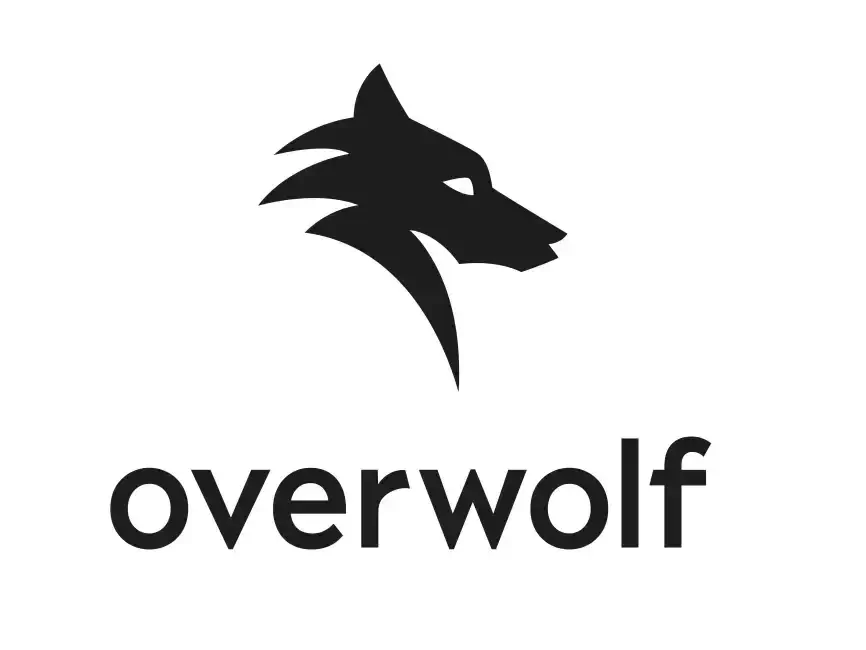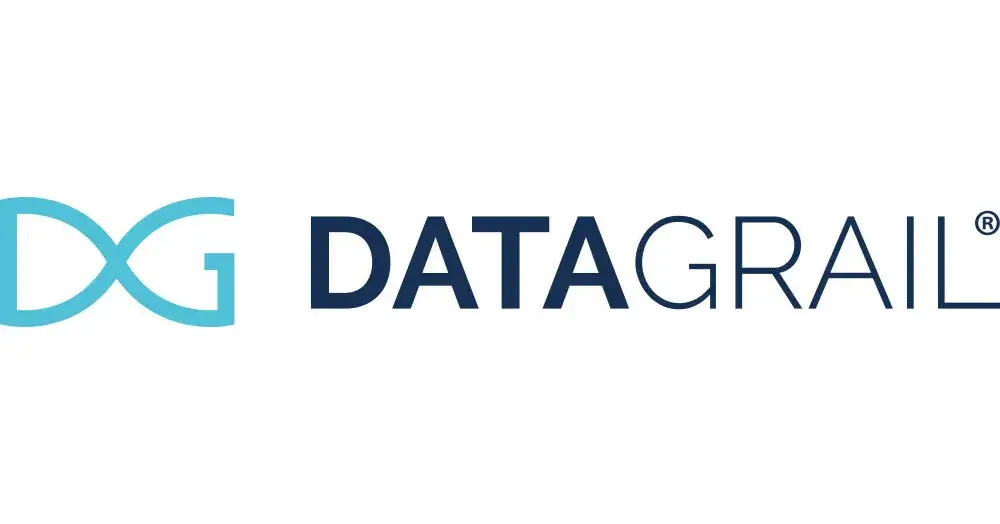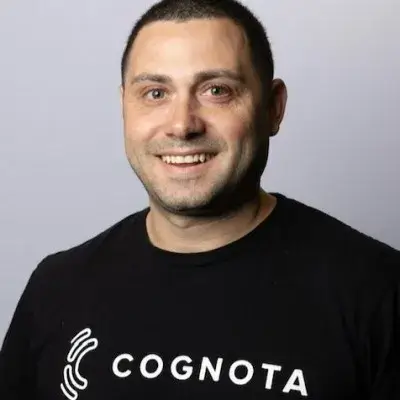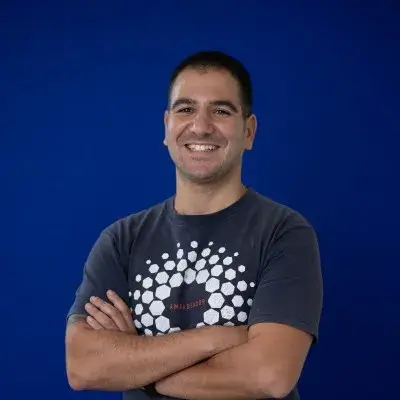Ready to launch your own podcast? Book a strategy call.
Frontlines.io | Where B2B Founders Talk GTM.
Strategic Communications Advisory For Visionary Founders
Conversation
Highlights
From Basement Dreams to Category Creation: How G2 is Democratizing Software Discovery
A group of friends gathered in a Chicago suburban basement in 2012, contemplating their next venture. They had just experienced success with their previous company, but something was missing. This wasn’t just another startup planning session – it was the beginning of what would become G2, a platform that would fundamentally reshape how businesses discover and buy software.
In a recent episode of Category Visionaries, G2 founder Godard Abel shared the fascinating story behind G2’s creation and its mission to democratize software research. The journey reveals key insights about category creation, the power of customer voice, and the future of software discovery.
Starting with Culture
Before writing a single line of code or even deciding on their product, the founding team made an unusual choice: they focused on culture first. Inspired by Chip Conley’s book “Peak,” they envisioned building what Godard calls “a peak culture centered on heart and love and caring can ultimately elevate everyone involved in the business to their peak and with inspired employees, evangelical customers, proud investors.”
Finding Their North Star
The timing was fortuitous. As Godard recalls, “2012 in hindsight was a great time to start any tech company.” The team explored various ideas – including one they called Datadog, a name that would later become famous through a different company. But they kept returning to one persistent pain point from their previous ventures.
“We chafed under the Gartner model and having to wait for Magic Quadrants,” Godard explains. “Took us nine years of getting Gartner report at big machines, twelve years to become a leader.” This frustration led to a simple but powerful insight: “Let’s build a Yelp for business software.”
The Restaurant Critic Problem
The traditional analyst model had a fundamental flaw. As Godard describes it: “It was like a restaurant critic that couldn’t eat the food because the reality is none of the analysts could actually use the software in the right business context. That’s like the restaurant critic standing outside the door and waiting for the customers how did the food taste? Right? Why don’t we just ask the people eating the food?”
This analogy perfectly captured the problem with traditional software research. The people writing the authoritative reports weren’t the ones actually using the software in real business situations.
Building Trust in the Platform
The team recognized that trust would be crucial for their platform’s success. Learning from consumer review sites’ challenges, G2 implemented strict verification processes. “We verify everyone’s professional identity so we know who they really are,” Godard explains. “Not only does it let us know you’re really Brett, but it also gives us professional context about you. What industry are you in, what size company do you work for, what’s your job role?”
This focus on professional identity helps combat review fraud while providing valuable context for other users. The platform rejects over 30% of submitted reviews due to quality concerns or suspected fraud.
Democratizing Category Creation
Perhaps G2’s most significant impact has been democratizing the process of category creation. Traditional analyst firms might take years to recognize new categories, but G2’s digital-first approach allows for much faster evolution. “For us, it’s, let’s say one man month of work to create a new category and then it just starts flying from there,” Godard notes.
This agility has led to the creation of over 2,100 software categories, with approximately 300 new ones added annually. However, G2 maintains strict standards: “If you just come say category of one, we’ll say no thank you. But if you come with five to ten well funded, cool competitors, we’ll say hell yes.”
The AI-Powered Future
Looking ahead, G2 is embracing AI to solve the growing complexity of software discovery. With thousands of categories, traditional search-based navigation is becoming unwieldy. As Godard explains, “Who can keep track in their head of 2500 categories? No one. I don’t even know anymore what categories we have and don’t have on G2.”
The solution? AI-powered interfaces that understand business needs rather than just keywords. Instead of requiring buyers to know specific category terms, they can simply describe their business challenges in natural language and receive relevant recommendations.
G2’s journey from a basement brainstorming session to a platform that’s reshaping software discovery offers valuable lessons for founders. It demonstrates the power of addressing fundamental industry problems, the importance of building trust into your platform from day one, and the value of democratizing processes that were previously controlled by a select few.
